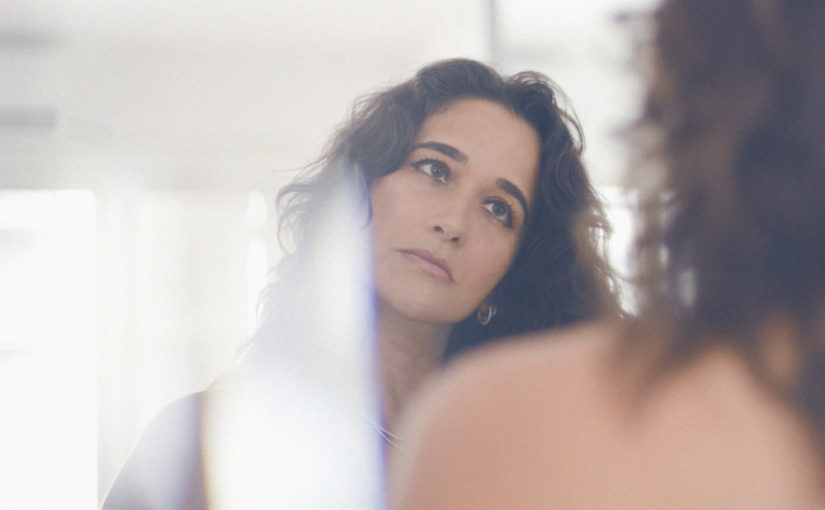Isabel Nogueira
Musicologist, performer and composer, PhD in Musicology at the Autonomous University of Madrid, Spain (2001) and Bachelor of Piano at the Federal University of Pelotas, RS, Brasil (1993). Professor of the Arts Institute at the Federal University of Rio Grande do Sul, professor and supervisor of Graduate Courses, Master and Doctor of Music (UFRGS), and Master and Doctor of Social Memory and Cultural Heritage (UFPel / RS). She was professor at Federal University of Pelotas from 1997 to 2013. Member of the Research Group in Sound Creation (UFRGS), Studies in Music and Media (Musimid / SP), Research Group in Performance Practices (UFRGS) and SARDS- Sonic Arts Research & Decolonial Studies (University of Costa Rica). She coordinates the Research Group in Gender and Music, at Federal University of Rio Grande do Sul. She has written books and papers about musicology, and music and gender, specially a Brazilian book released in 2013 about this subject (published by ANPPOM), that brings important researches from this country, as well as researches from Costa Rica, Portugal and Spain, available here: http://www.anppom.com.br/publicacoes/selo-pmb. She has released the phonographic works “VestígiosVioleta” (2014) and “Impermanente movimento” (2016),with Luciano Zanatta, by the NetLabel Plataforma Records. She is preparing Voicing and Lusque-fusque, to release in 2016. She is developing research projects about Music and Gender, Performance and Sound creation, a Cartography of Women Composers in Porto Alegre, and is a Cartography of Women Sound Artists in Latin American. She is part of Medula Colective of Sound Experiments and is part of Strana Lektiri Duo, with the sound artist Leandra Lambert (RJ).
//
I’m concerned about voices, voice recordings, field recordings and their boundaries as a marker to the talking place and the situated knowledge.
How do your city, your neighborhood, and your memories construct you?
How do you signify it?
How could you create and perform these memories, voices, stories and environment?
Imagination, places, my voice, your voices, someone else’s voices: a textural and noisy world.
The way I hear and how it constructs my world: talking place as depending on my listening place.
Your voice and the way you speak marked by your gender, race and your history (or herstory).
How can I give voice to all my ways of speaking and listening?
How can I make music on my situated knowledge?
Voice as the simplest and maybe the most complex form of existing – its semantic meanings, its poetic meaning and its sound possibilities – as a whole material to be worked on.
Instruments as voices, and voices as instruments: all possibilities combined, to be constructed, deconstructed, combined, processed and reimagined.
//
http://isabelnogueira.com.br/
https://ufrgs.academia.edu/IsabelNogueira
